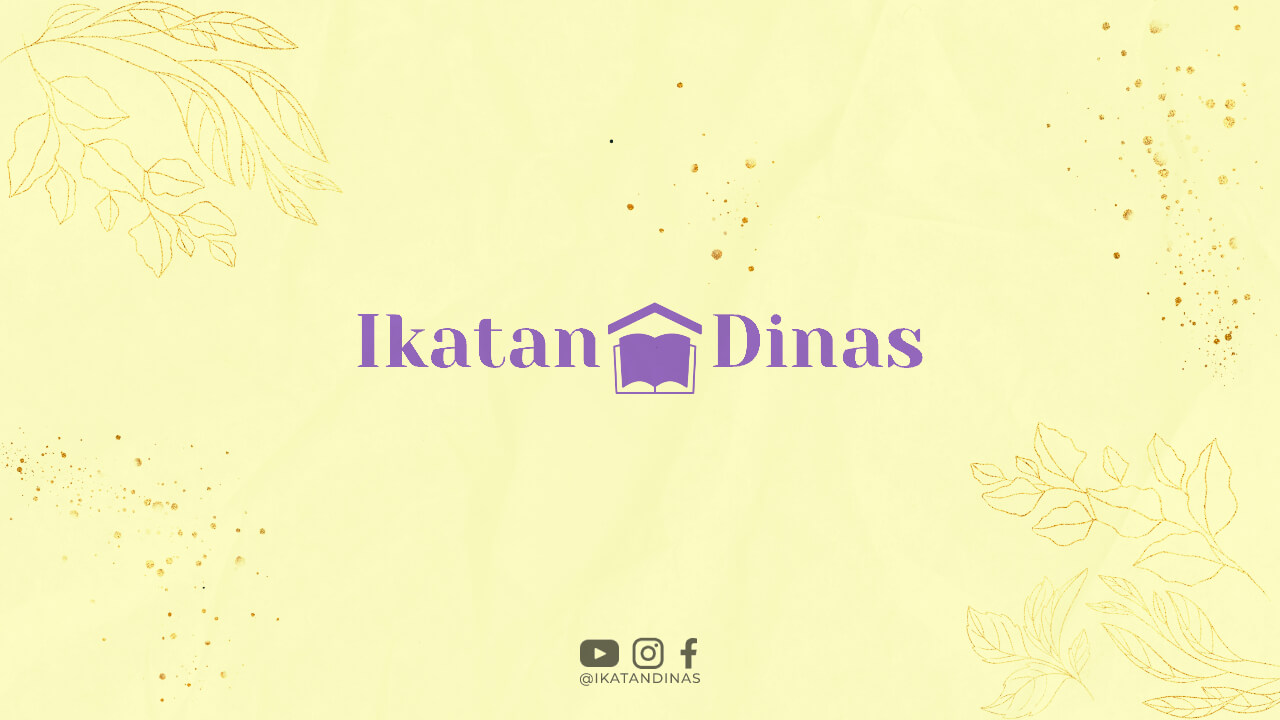Studying abroad is an exciting opportunity that opens doors to endless possibilities. Australia, known for its world-class universities and diverse culture, has become a popular destination for international students. Many individuals wonder if they can study and work in Australia simultaneously. In this article, we will explore the options and regulations for students who wish to work while studying in Australia.
Student Visa Conditions
Before diving into the details, it’s essential to understand the conditions attached to a student visa in Australia. International students must obtain a valid student visa to study in the country. The most common student visa is the Subclass 500, which allows students to pursue a full-time course in Australia.
While the primary purpose of this visa is to study, it does provide limited work rights to support students financially during their stay. These work rights are subject to certain restrictions and conditions imposed by the Australian government.
Work Limitations
As an international student, you are allowed to work for up to 40 hours per fortnight during the academic term. However, during scheduled breaks, such as summer or winter holidays, there are no limitations on the number of hours you can work. This flexibility enables students to gain valuable work experience and earn money to cover their living expenses.
It’s important to note that the 40-hour limit per fortnight applies collectively to all the jobs you undertake. For instance, if you work 25 hours in one job, you will only have 15 hours left to work in other positions.
Employment Opportunities
Australia offers a wide range of employment opportunities for international students. From part-time positions in retail and hospitality to internships in various industries, there are options suitable for different skill sets and interests.
Universities often have career centers that assist students in finding job opportunities on and off-campus. These centers provide valuable resources such as job boards, resume-building workshops, and interview preparation sessions. Networking events and job fairs are also organized to connect students with potential employers.
Minimum Wage and Working Conditions
Australia has a well-established minimum wage system to ensure fair pay for all workers, including international students. The current minimum wage is AUD$20.33 per hour, but some industries may offer higher rates.
Additionally, Australian law ensures that all workers receive fair treatment and are protected from exploitation. Students must be aware of their rights and responsibilities as employees, such as understanding the terms of their employment contracts and adhering to workplace health and safety regulations.
Post-Study Work Opportunities
After completing their studies, international students may be eligible for post-study work opportunities in Australia. The Temporary Graduate visa (Subclass 485) allows graduates to work full-time for a specific period, depending on their level of qualification.
Under this visa, graduates from higher education institutions can work for up to two years, while those who completed a Master’s degree or a Ph.D. can work for up to four years. This post-study work experience can be a stepping stone towards permanent residency in Australia.
Conclusion
In conclusion, studying and working in Australia is indeed possible for international students. With the right student visa, students can work part-time during term and full-time during breaks, gaining valuable experience and financial support. Australia offers numerous employment opportunities and ensures fair treatment and pay for all workers. Moreover, the post-study work opportunities provide a pathway for graduates to kick-start their careers in Australia. So, if you dream of studying and working in Australia, go ahead and explore the wonderful opportunities that await you!

